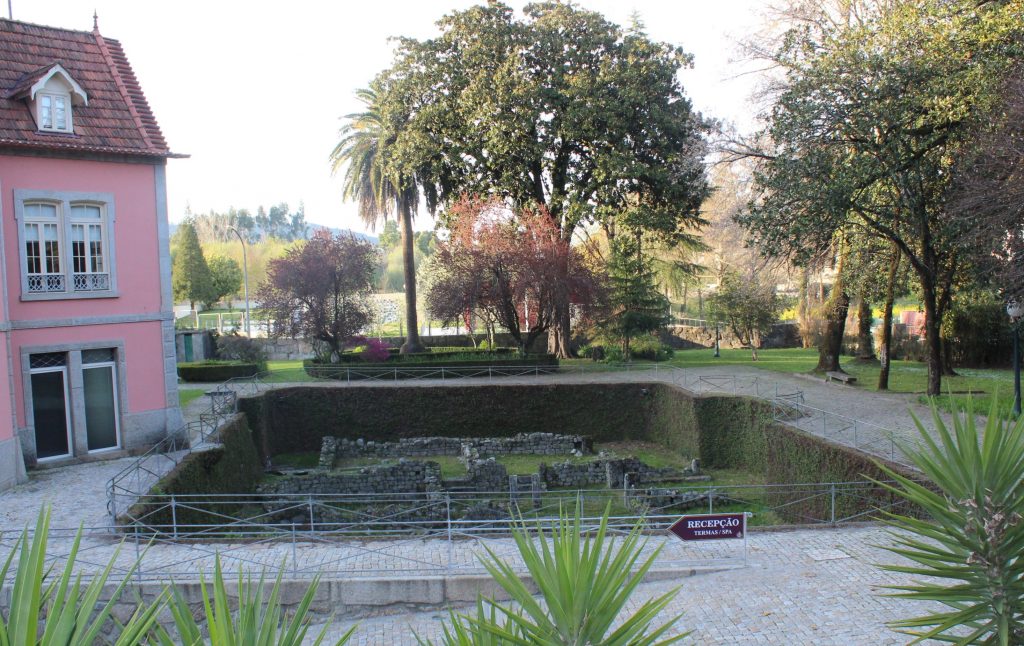te vero nolo,nisi ipse rumor iam raucus erit factus, ad Baias venire, erit enim nobis honestius, etiam cum hinc discesserimus, videri venisse in ilia loca ploratum potius quam natatum.
No, I don’t think you ought to go to Baiae, unless rumour itself grows hoarse. Even when we go away from here, it will be more seemly to appear to have chosen that part of the world for weeping rather than for bathing.
En cuanto a ti, no quiero que viajes a Bayas, a no ser que el rumor se haya quedado afónico espontáneamente. Pues nos resultará más honroso, incluso cuando salgamos de aquí, dar la impresión de que hemos ido a estos sitios más para llorar que para nadar.
Commentary
Cicero advises Varro not to go to Baiae.


